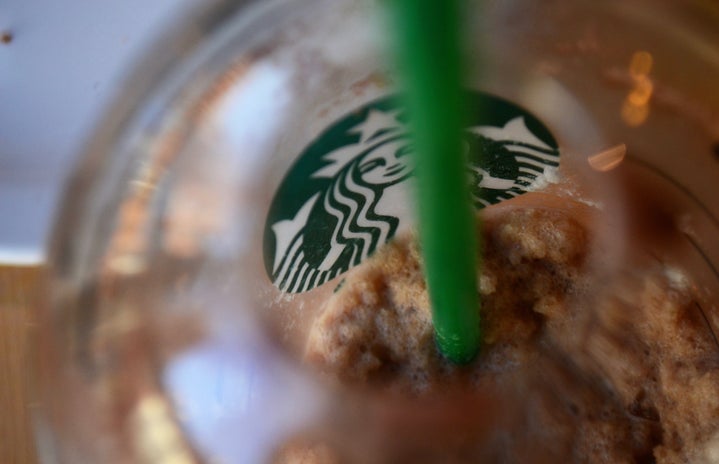Do you remember that day you went to buy food at a fast food establishment and you were about to stab the cup’s lid to take a sip of your drink? Did you notice that the straw was made of paper? I certainly remember it. When I asked the place what was that about, they told me they were helping to save the turtles and the environment, and that I should too. At that moment I wondered if I was being insensitive because how exactly banning plastic straws specifically would help save the environment and that exact animal? Some other food establishments started adopting this measure, others stopped giving straws, and others changed their lids to sippy cups. Several years have passed and I still wonder if this is actually helping the environment or if everything has stayed the same. There is so much to do to save the planet so is the plastic straw ban effective or is it enough? Here’s the result of my research….
Banning plastic straws is not enough to save the environment because there are other plastic (and non-plastic) items in our oceans that are likewise or even more dangerous and are still being used. What damage can a single straw do when the oceans are flooding with other plastic wastes,chemicals, and the air is being polluted daily? Environmentalists say that banning straws barely makes a dent in the reduction of water pollution . What really must be reduced is the use of plastic and if it’s going to be used, then it should be recycled. And this is where the pollution problem starts. Only 9% of the plastic is being recycled while the production is non-stop and keeps increasing. Plastic has a lifetime of 450 years and it does not biodegrade, but it breaks into small pieces of microplastic, which has already reached our ground, water, and mixed with our food. How does this affect us? Microplastic is the cause of many stomach illnesses, cancer, birth defects, among others, due to chemicals in our food and water.
Companies keep producing plastic containers that are meant to be recycled, but humanity hasn’t learned how to do it. The best example of this is the ban of plastic bags. Grocery stores started selling reusable bags because they are meant to be recycled: you are supposed to keep them and then bring them with you whenever you’re grocery shopping again. But, almost no one does that, either because they forget the bags at home or because they throw them away. The problem is the bags are made with a stronger plastic, which means it will take longer to decompose, hence, making it more dangerous for the environment. While plastic straws were banned, they were replaced in some food places by sippy cup lids, which are made of more plastic. This makes everyone wonder if this change is really doing something. Sure, these lids and cups can be recycled, but are they really? Why can’t plastic straws be recycled then? According to the Our Last Straw Organization, due to their small size, straws cannot be recycled because the recycling machine would not process them.
Back to the question: is the ban of plastic straws really doing something? In theory, yes, but it’s not enough, yet, it is something. Additionally, the straw ban changed our mentality towards what we must do to truly help the planet and raised awareness. Maybe you didn’t think about how this small piece of plastic was so dangerous for water life in the first place, but now you do.. After the ban, many people started buying their own reusable straws made of stainless steel, silicone, or plastic, and many don’t get lids at all on their cups. People are conscious of what they use and how it affects the environment, and that is a start.


